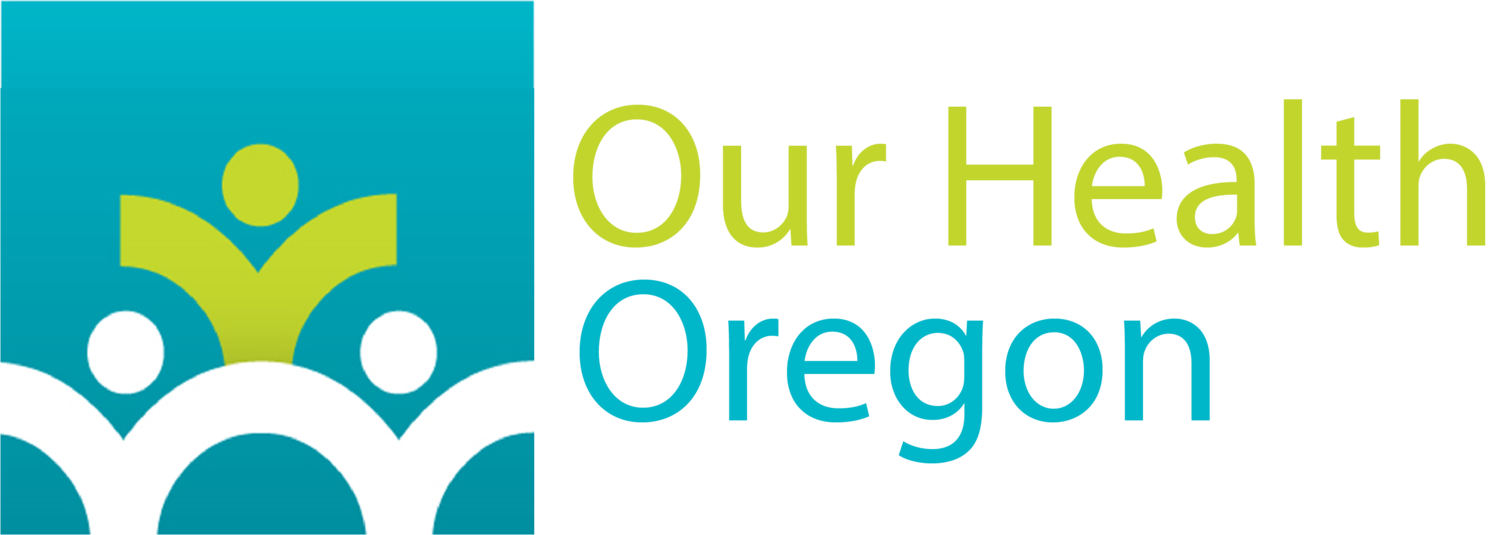Housing and health. Experts know it’s hard to have one without the other. The sick can’t get well if they’re not housed, and they won’t stay housed if they’re not well. This was the starting point for a groundbreaking initiative that pulled together know-how and resources from hospitals and other local health care organizations who decided to work together to make a difference in our community.
Improving health and the affordable housing crisis in Portland
In the fall of 2016, six health organizations – Providence Health, Kaiser Permanente Northwest, Legacy Health, Oregon Health & Science University, CareOregon, and Adventist Health – along with the Oregon Association of Hospitals & Health Systems announced a contribution of over $21 million to Central City Concern to fund a new clinic, mental health and addiction services, employment assistance, and 379 units of desperately needed new housing.
This is the largest contribution to provide affordable housing and health care (including behavioral health) in the country.
This summer, the Blackburn Center in east Portland opened its doors. The other two facilities, Hazel Heights and the Charlotte B. Rutherford Center, opened in the fall and winter of 2018.
The Blackburn Center is anchored by a community health clinic and includes a pharmacy, 51 units of respite care transitional housing, 10 units of transitional housing, 80 low-income single room occupancy units, and 34 studio permanent housing units. There are extensive case management services available on-site, including addiction services. All of this provides the stability and health care needed for the individuals to achieve wellness and rebuild their lives.
Hazel Heights (153 homes) and the Charlotte B. Rutherford Center (34 one-bedroom and 17 two-bedroom homes) provide badly needed affordable housing units to those who are employed and moving out of transitional housing.
Who is eligible for Housing is Health?
Those in need of housing and services who earn between 30 – 60% of Median Household Income (that’s between $18,000 and $36,000) are eligible. Many of the people who will access the program are employed AND have experienced homelessness. Experts say a clean, safe home is the best way to prevent negative health outcomes. “That stability that comes with a home allows them to make regular doctor’s appointments,” said Robert Friant of Community Source for Housing Solutions in New York. “We’ve had people who’ve had to spend months in a hospital because they’ve been homeless, and their health has deteriorated.”
Homelessness and Mental Health
Homelessness and the daily struggle to survive is incredibly stressful, and that stress takes its toll on both physical and mental health. What’s more, many of those in need are also experiencing addiction. The organizations that worked together on the Housing is Health initiative know that it takes more than a roof to get lives back on track. Comprehensive case management and consistent health care are the other pieces that help stabilize lives and enable individuals to start reaching their full potential. Even if people don’t have diagnosable mental health needs, having consistent primary care can relieve some of that daily stress.
A hand up, not a hand out
The model for Housing is Health is taken from Central City Concern: give people the support they need, and that stability can launch them back into productive lives. For example, Julie Smith worked as an apprentice at Walsh Construction, who helped build the Blackburn Center. Not long ago, she would have been a client. "Central City Concern actually helped me out of homelessness and addiction," she said. "I can't believe I'm actually helping to expand an agency that helped me so much."
Housing is Health is a national model
The six members of the initiative show what is possible when local health care partners partner with the public sector in the name of helping our vulnerable citizens and addressing a complex community crisis. Housing is Health is not just compassionate, it’s a community benefit. When people have a home and continuity of care, their health improves. Over time, that means they use fewer health care services, like expensive visits to the emergency room. That reduces cost in the long run, cost that we all bear.
Support Housing is Health!
Please support Central City Concern or one of the other amazing care organizations in our community. If you receive care at one of the six Housing is Health providers, let them know you appreciate them making this contribution to our community! We all see the effects of the twin crises of behavioral health and affordable housing. This is the sort of creative, collaborative spirit that will make a difference in the lives of so many. Bravo to all those who joined together to build and operate these great facilities. They are making a difference every day!

